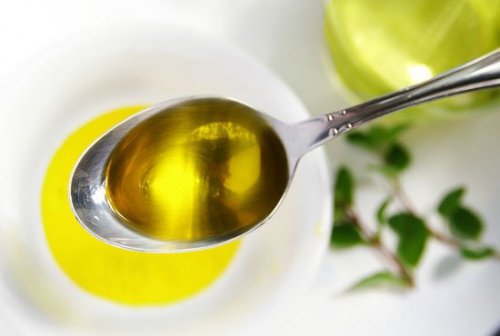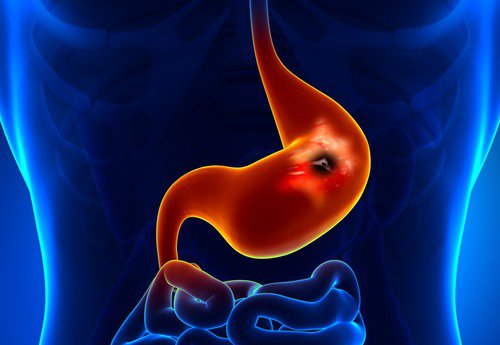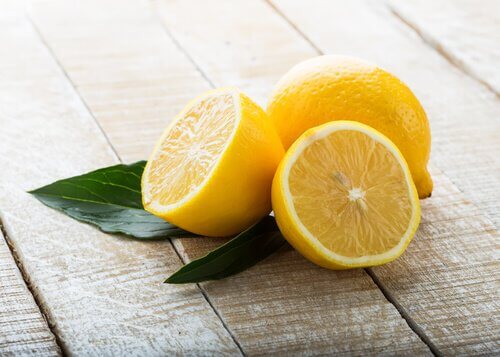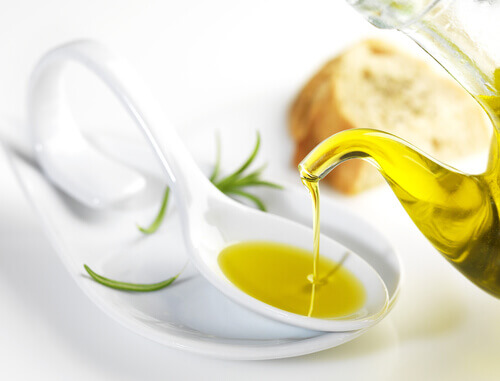How to Prevent Stomach Ulcers

Millions of people around the world suffer from ulcers. In most of these cases, it is due to an infection caused by the bacteria Helicobacter Pylori, and not by food or emotional tension, as a lot of people believe. In this article, you are going to learn how to detect or prevent stomach ulcers and how to choose the appropriate treatment.
Important information about stomach ulcers
Stomach ulcers are a lesion in the membrane lining of the stomach and the first part of the small intestine (the duodenum). They affect both women and men. The primary symptom of this digestive problem is a feeling of burning in the stomach, even if you haven’t eaten anything.
How do I know if I have a stomach ulcer?
It’s good to recognize the symptoms that may show you may have a lesion in the mucous membrane. This, in turn, will help you choose a home remedy.
Abdominal pain

You may feel a sharp burning between your sternum and your belly button, even without having eaten too much. The pain can vary in intensity and duration.
It appears most often between meals because this is when the stomach is empty. Because of this, you will most likely suffer from this more at night and when you’re hungry, or when it’s been a long time since your last meal.
See more: Why Do I Feel Stomach Pain?
Other symptoms
As mentioned previously, digestive ulcers give different symptoms. You need to be on the lookout for them, and remember that you may not always experience the same symptoms each time. In addition, there may even be some symptoms that you’ll never experience. These symptoms include:
- More belching
- More gas
- Inability to drink liquids
- Feeling like your stomach is full when you haven’t eaten anything
- Hunger immediately after eating
- Mild nausea in the morning
- Loss of appetite
- General sense of malaise
- Fatigue
- And, finally, weight loss
Symptoms of a severe ulcer
If you didn’t take notice of these symptoms when they occurred, and you never followed any type of treatment plan (home remedies or otherwise), then your ulcer will have become chronic and will cause:
- Vomiting (sometimes with blood)
- Dark feces that are thick and cement-like
- Blood in stools
Tendency towards ulcers

While stomach ulcers can be caused by bacteria, some people are more vulnerable than others. As a result, individuals that are more prone to developing stomach ulcers include those who:
- Have already been infected with H. Pyroli or some other bacteria.
- Frequently take non-steroidal anti-inflammatory medications. This includes aspirin and ibuprofen.
- Have a family history of ulcers.
- Drink alcohol in excess.
- Have kidney, lung or liver diseases.
- Are older than 50 years of age.
See also: What You Need to Know About Ibuprofen
How to prevent stomach ulcers
If you are beginning to experience these symptoms, or if you belong to any of the groups associated with a greater probability of suffering from ulcers, then you need to change a few habits in order to prevent stomach ulcers. Prevention is the best solution.
Stop smoking
In order to prevent stomach ulcers you’ll have to stop smoking. Smoking is very closely related to developing ulcers. It is also related to poor circulation to wounds in the mucous membranes, and the recurrence of ulcers as well.
Avoid “trigger foods”

Here we’re talking about foods that damage the stomach’s health, making it more prone to suffering from ulcers. To prevent stomach ulcers you need to avoid preserved foods, as well as:
- Coffee
- Chocolate
- Alcohol
- Mint
- Tomatoes
- Fats
- Spicy food
- Raw garlic
- Citrus fruits
Be careful with medication
Certain pills could be helping you with pain, but, at the same time, making your ulcers worse. Anti-inflammatory medicine used for arthritis or muscle pain damage the digestive mucosa. See your doctor for an alternative, or look for natural remedies.
Juices and other ulcer remedies

If you’ve come to the conclusion that you are suffering from a stomach ulcer, it would be a good idea to use some of these homemade treatments for your condition:
- Mix 2 egg whites with 2 Tbsp. olive oil and drink before breakfast.
- Prepare a juice with 1/2 leaf of kale and 1 celery stalk. Add water and sweeten with honey.
- Eat one boiled, green banana a day.
- Make a smoothie with 1 banana and one slice of papaya. Drink twice a day.
- Eat wheat bran prepared in different ways.
- Prepare a healing juice with 1/2 kiwi and 1/4 cantaloupe. Add the necessary water and drink immediately.
Infusions
- Firstly, boil 2 Tbsp. chamomile and 2 Tbsp. of lemon balm in one cup of water. Steep for 5 minutes, then strain and drink after dinner.
- Mix 1 Tbsp. marshmallow and 1 tsp. ginger in one cup of boiling water. Steep for a few minutes, then drink.
- Make an infusion with 1 liter of water for each 2 Tbsp. fenugreek. Strain and sweeten with honey.
- Chew and swallow one Tbsp. linseeds. You could also grind them in a mortar and pestle, or a food processor.
- Make a smoothie with 2 carrots and 1 leaf of cabbage. Strain and drink between meals.
- Use raw honey in different recipes, like on toast or in cookies.
- Firstly put 2 Tbsp. of aloe vera in one glass of water and add 1 Tbsp. honey. Then drink 15 minutes after lunch and dinner.
- Prepare a tea with 1 Tbsp. chamomile, 1 Tbsp. lemon balm, and 1 Tbsp. St. John’s Wort per each cup of hot water. Strain and drink.
This text is provided for informational purposes only and does not replace consultation with a professional. If in doubt, consult your specialist.








